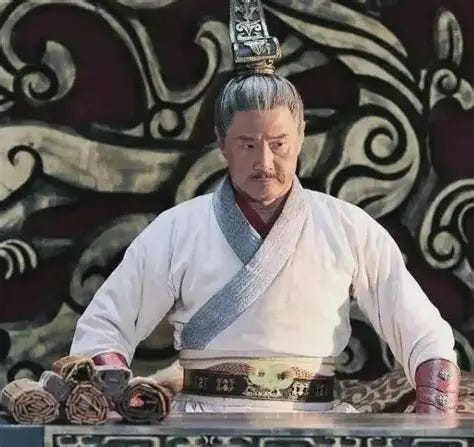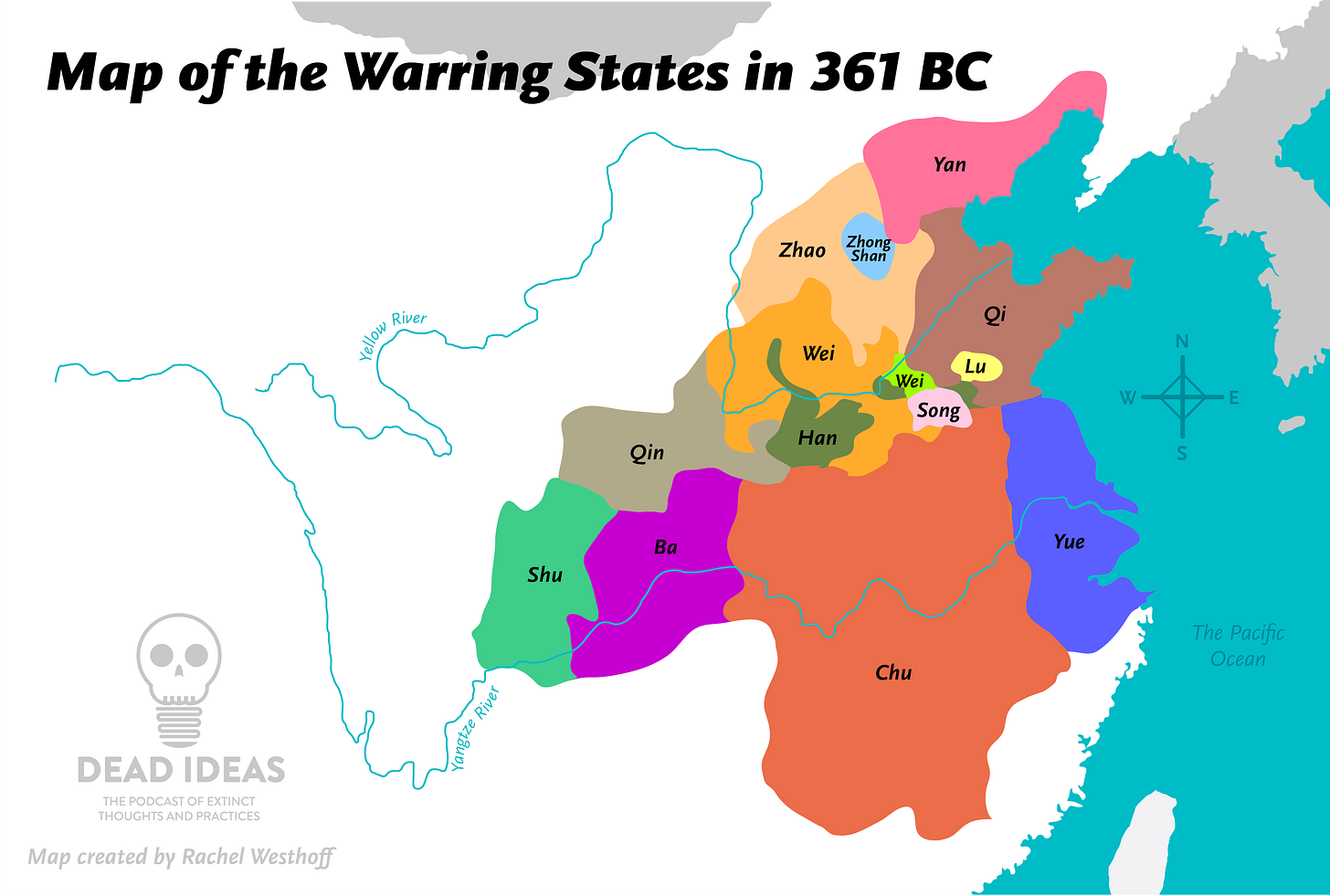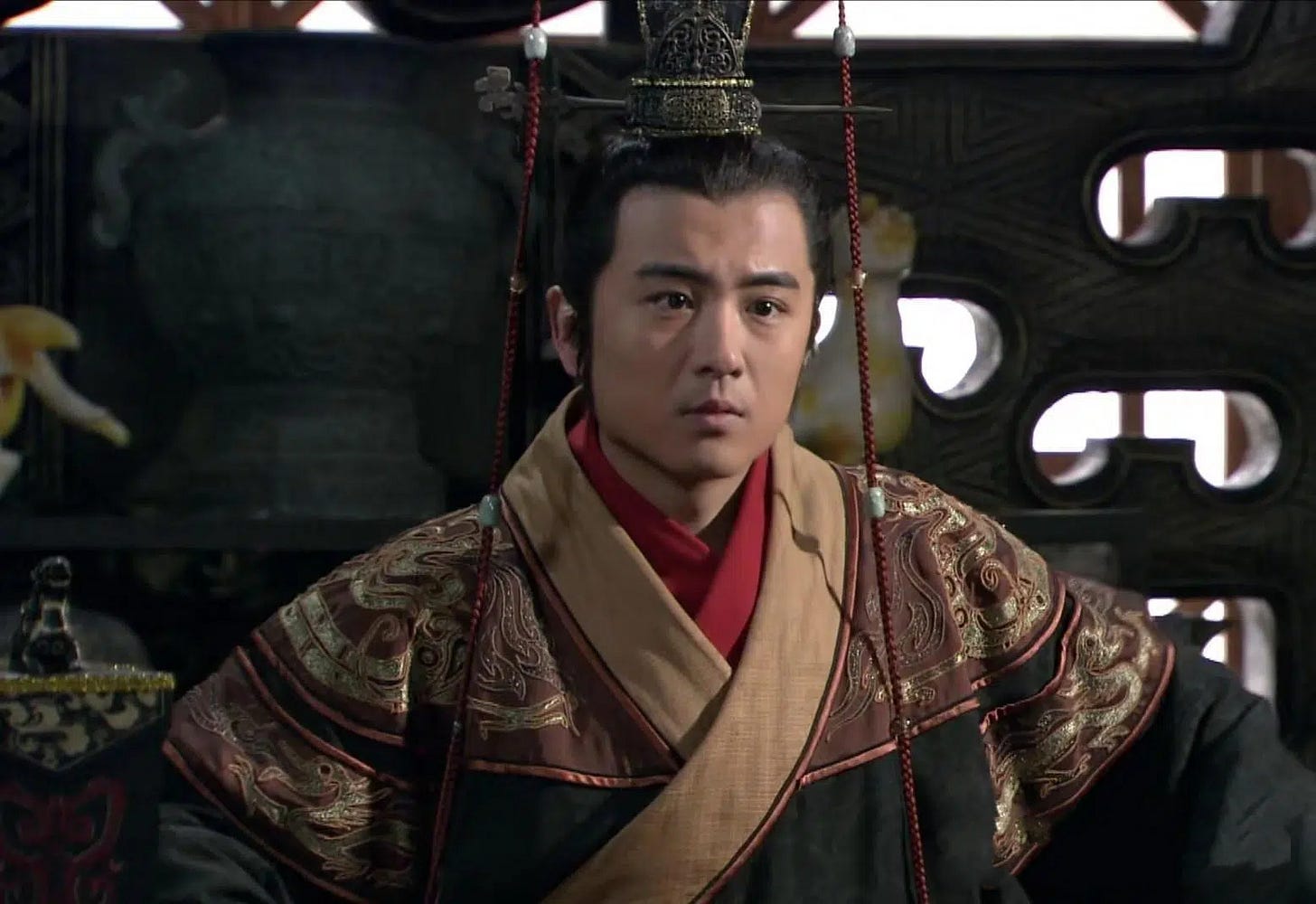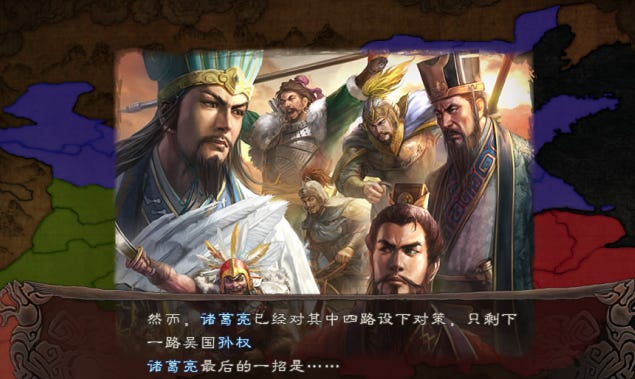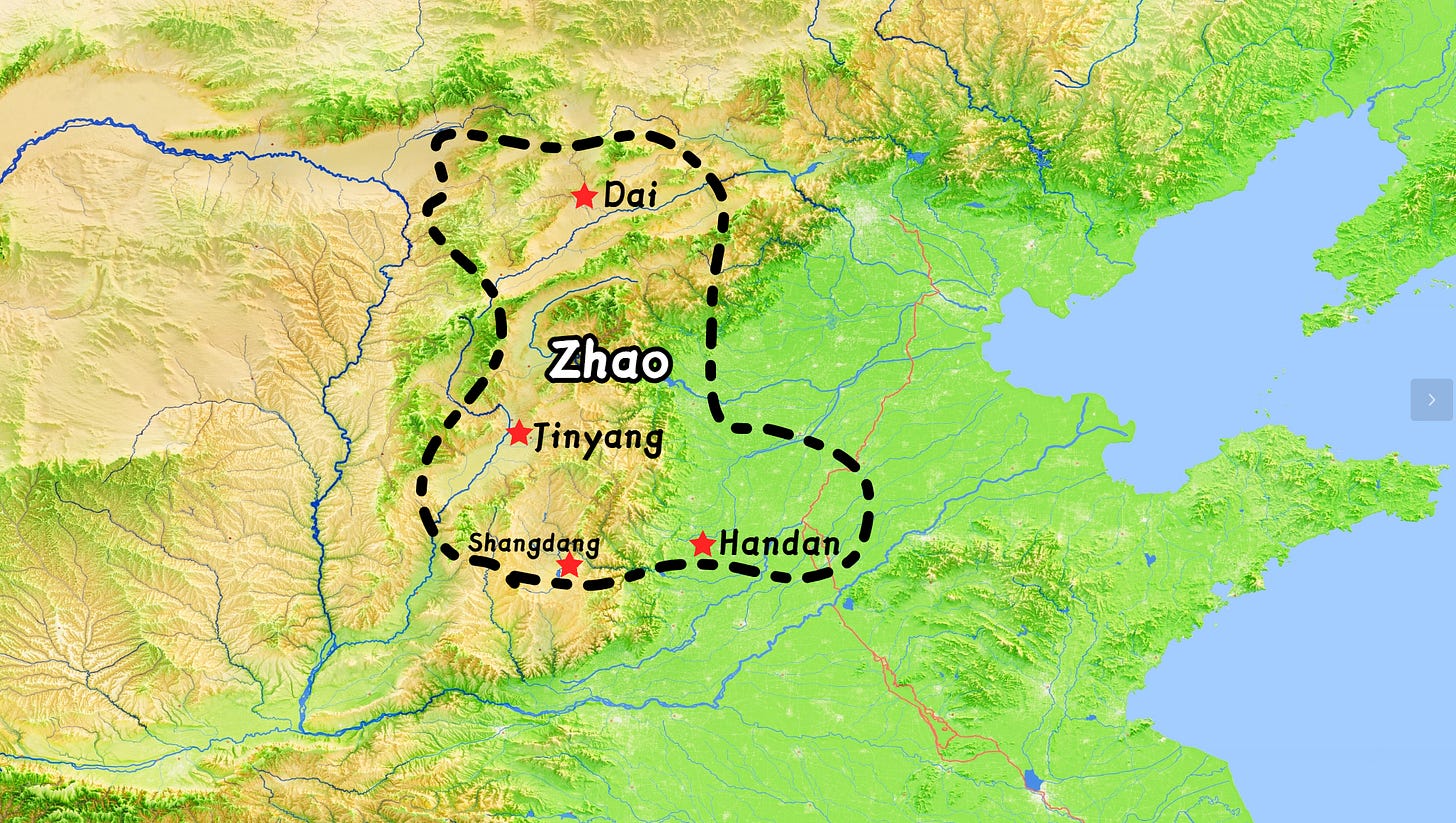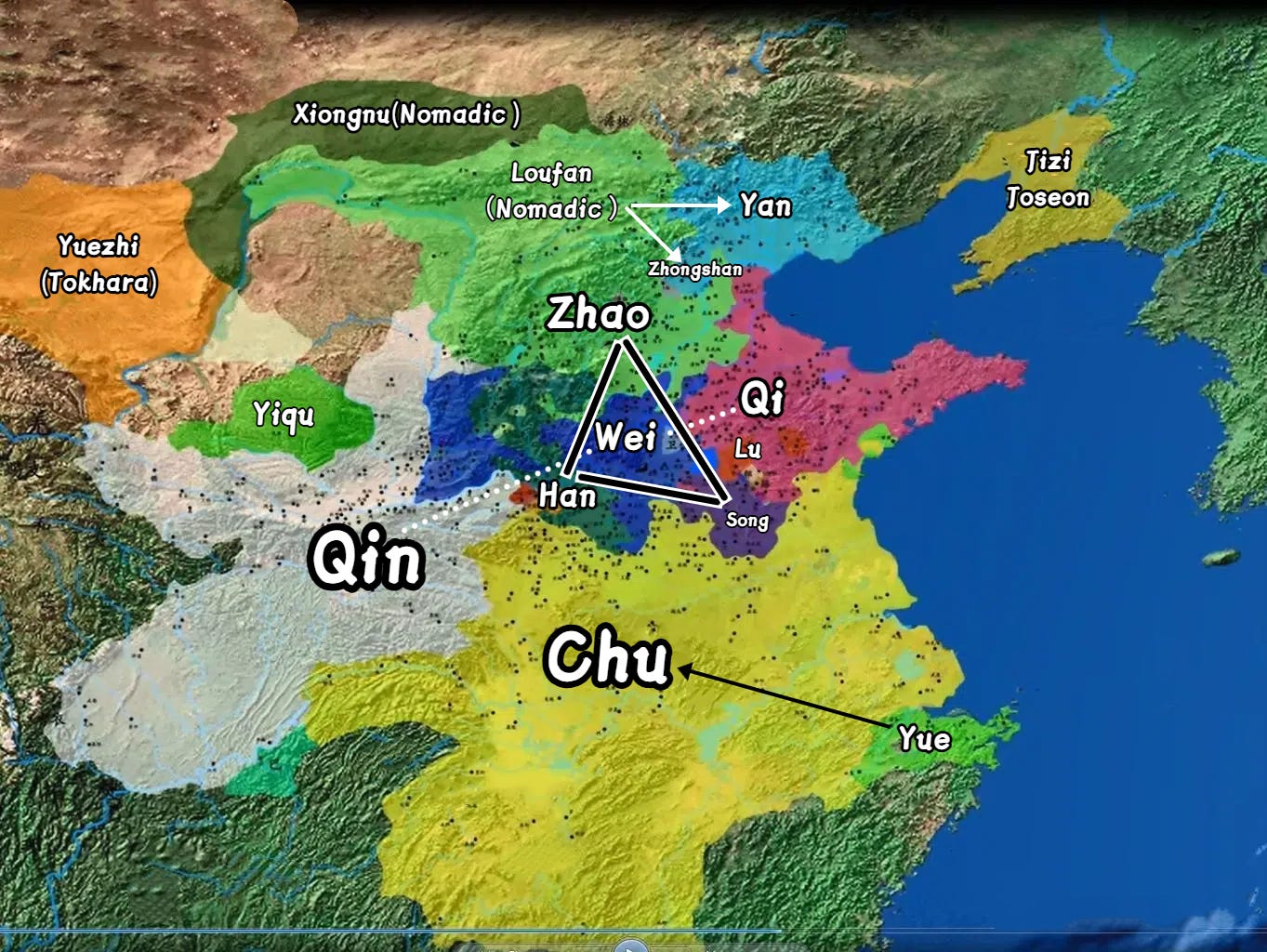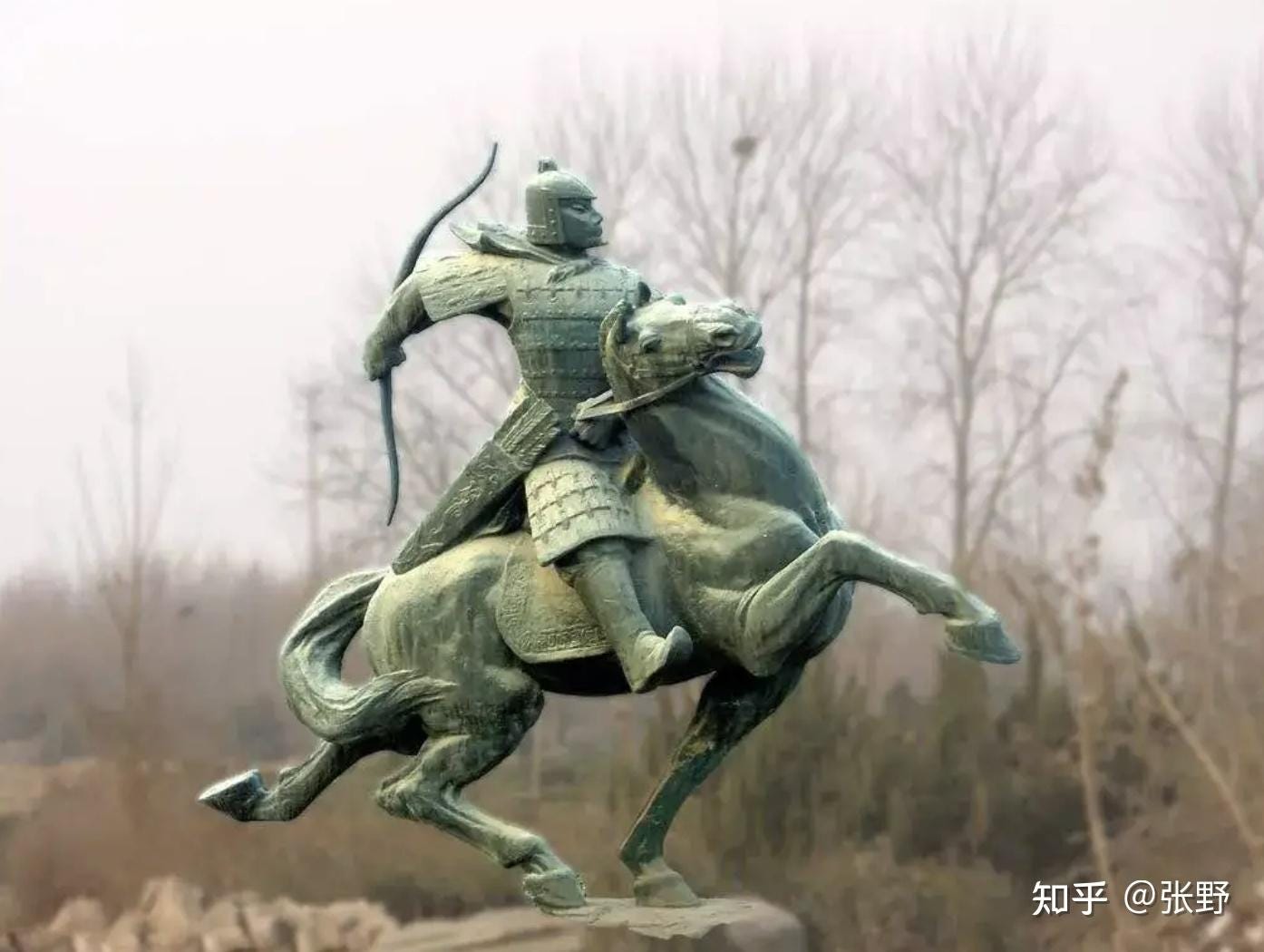The State of Zhao in the Shadow of Peril(Warring States 27)
The Reform and Rise of the State Zhao 1
Previous Chapter :First Triumph of the No.1 God of War(Warring States 26)
A major thread throughout the Warring States period was how Qin秦 step by step pushed the six other states toward destruction.
In the early part of this narrative, the primary victims were Wei魏 and Han韩.
These two, due to their proximity to Qin and their position astride the vital pathway through western Henan, became the main targets of Qin’s eastward expansion.
In their heyday, the three states from Jin晋—Wei魏, Zhao赵, and Han韩—were immensely powerful. Wei stood firm in the central plains, challenging all rivals, and Han was known as “formidable Han劲韩.” But as generations passed, each grew weaker. Under relentless pressure from Qin, Wei and Han had declined to second- or third-rate states by the mid-to-late Warring States period. Han, in particular, effectively became Qin’s puppet force.
Still, among the three Jin states, one worthy successor emerged.
Zhao became the final bastion of the Central States, bearing the burden of resistance against powerful Qin for the last century of the era.
How did Zhao manage to hold the line alone?
It owed this to a heaven-sent military genius.
In 326 BC, the 24th year of the reign of Marquis Su of Zhao(赵肃侯r.349-326BC), seven years after Su Qin苏秦 had pitched to him the idea of “leading the vertical alliance”, he felt his end was near. After passing the throne to his son, Zhao Yong赵雍, he left the people of Zhao.
Overall, these 24-year reign of Marquis Su of Zhao was quite commendable.
Just look at the chaotic situation surrounding Zhao at that time:
When Marquis Su of Zhao first ascended the throne, the state of Qin to the west had been carrying out reforms for ten years. Its aggressive ambitions were already obvious. Throughout his more than two decades in power, Qin continuously weakened Han and Wei.
To the east was King Wei of Qi(齐威王,r.356-320BC), the most capable ruler of the Qi state during the Warring States period.
To the south was King Hui of Wei(魏惠王,r.369-319BC), under whom the state of Wei shifted from peak strength to decline. Yet throughout his fifty-year reign, he never ceased causing trouble.
To the north, there were constant harassments from nomadic tribes like the Loufan楼烦, along with the watchful and ambitious state of Yan燕.
And within Zhao’s own borders lay the stubborn and troublesome state of Zhongshan中山.
The international environment and surrounding situation had always been very difficult. This was a persistent challenge for the three states from Jin (Wei, Zhao, Han)—they were surrounded by enemies on all sides.
However, unlike the underachieving King Hui of Wei to the south, who squandered a strong hand, Marquis Su of Zhao consistently adopted an uncompromising and tough foreign policy, never allowing Zhao to suffer any losses.
Among the three states from Jin, Zhao was by far the most resilient. It delivered an outstanding report card, much like standing firm against the pounding waves.
While Marquis Su was alive, he could operate with the strategic acumen and iron fist of a cinematic godfather. But the day the godfather suddenly passed away, the surrounding gangs immediately sought to carve up the “Corleone family.”
The major powers circled like wolves that had long been waiting, ready to seize their opportunity.
After the death of Marquis Su of Zhao, the states of Wei魏, Chu楚, Qin秦, Yan燕, and Qi齐 each sent elite troops, ten thousand strong, to attend his funeral.
These five gangs were preparing to make trouble at the “Corleone family’s” home.
But we can’t solely blame the surrounding wolves for being underhanded. Just look at Marquis Su’s foreign policy actions during his reign:
In the 6th year of his reign, he attacked Qi and captured Gaotang高唐.
In the 7th year, he attacked Wei.
In the 10th year, he allied with Qi to attack Wei.
In the 11th year, he attacked Wei again.
In the 17th year, he attacked Wei once more.
In the 18th year, when a combined force of Qi and Wei invaded Zhao, Marquis Su of Zhao breached the Yellow River dikes to flood the allied armies.
In the 22nd year, he fought against Qin.
Throughout his over twenty years on the throne, Zhao had continual conflicts with Wei and Qi. This time, the gathering of troops from five states for the funeral was instigated by his old rival:
King Hui of Wei.
Meanwhile, the successor, Zhao Yong赵雍, was only 15 years old—a situation of a young ruler and a state in doubt.
Hundreds of years later, the Shu Han kingdom(蜀汉221-263AD) faced a similar scenario: after Liu Bei刘备(1st emperor of Shu Han, r.221-223AD) exhausted the state’s resources and died at White Emperor City, he left Zhuge Liang诸葛亮 with a complete mess.
Romance of the Three Kingdoms, the finest historical novel of the past several millennia in China, added a fictional episode to this story—Zhuge Liang “pacifying the five armies while living in seclusion.”
With Liu Shan刘禅(2nd emperor of Shu Han, r.223-263AD) young, the elite forces depleted, and the great leader gone, Zhuge Liang calmly stayed at home and neutralized the five-pronged invasion, thwarting the schemes of surrounding forces seeking to take advantage.
This episode from Romance of the Three Kingdomsis fictional. Although Shu Han was indeed in “a critical moment of survival or extinction,” there was no actual five-pronged invasion.
This story was most likely adapted and embellished from the real historical event we are discussing today.
Indeed, art originates from life, yet transcends it.
The successor was young. When Marquis Su of Zhao departed, he left his own “Zhuge Liang” for his son—Fei Yi肥义.
Fei Yi, the senior minister entrusted with the orphaned ruler, proposed a plan to Zhao Yong to pacify the five armies.
The overall strategy was to build momentum and create checks and balances.
Let’s first look at building momentum:
He ordered the entire state of Zhao to be placed under martial law. The armies in its four key strategic commanderies—Dai代, Taiyuan太原, Shangdang上党, and Handan邯郸—were placed on highest alert, ready to fight at any moment.
Now, let’s look at creating checks and balances:
He offered substantial bribes to the King of Yue越 (State Yue , southeast of Chu) to attack the State of Chu, thereby dragging Chu, which had intended to meddle, back to deal with its own immediate troubles.
He promised significant benefits to Loufan, the leader of the northern nomadic tribes, enticing him to send troops to harass Yan and Zhongshan.
Yan had always been a weak state. As soon as it detected movements from the Loufan, and considering that Zhao might also launch a pincer attack, it immediately abandoned any thought of taking advantage of the situation.
Although Zhongshan was a small state, it was wedged into Zhao’s territory and was backed by Qi as its patron. It often caused trouble for Zhao, but under attack from the Loufan, it had no spare capacity to plot against Zhao at the funeral.
After distributing bribes to various parties, Zhao began issuing diplomatic documents to form an iron-triangle alliance with Han韩 and Song宋.
Earlier, Marquis Su of Zhao had arranged for Zhao Yong to marry a princess from Han韩. At this critical moment, Han would certainly support its son-in-law. Although Song was wealthy, it was militarily weak and had long been bullied by Wei, Qi, and Chu. Anyway,“The enemy of my enemy is my friend”.
The geographical positions of these two states were particularly strategic. Located between Qin, Wei, Chu, and Qi, the alliance of Zhao, Han, and Song formed a triangular structure. This placed the states of Qin, Wei, Chu, and Qi in a passive situation, facing threats on two or even three fronts.
This complex web of checks and balances made each state hesitant to act rashly.
Especially after Yan and Chu were preoccupied with their own troubles, the alliance of Wei, Qin, and Qi no longer held an overwhelming advantage over the alliance of Zhao, Han, and Song.
After completing the preparations for building momentum and creating checks and balances, Zhao Yong sternly ordered the armies of the five states that had come for the funeral not to cross Zhao’s border—they were to remain outside the gates!
Zhao’s customs authorities only permitted the envoys of the five states to enter the country carrying the funeral condolences from their respective rulers. These envoys were then escorted directly to Handan by Zhao officials responsible for their reception.
After entering Zhao, the envoys from the five states saw that Zhao’s elite forces were massed in Handan, brimming with combat readiness. The atmosphere was so tense that a single spark could ignite a war. None of them dared to make any misstep. After the funeral of Marquis Su concluded, they hastily departed.
The conspiracy initiated by King Hui of Wei, in which the five states sought to take advantage of Zhao, was thwarted by the fifteen-year-old Zhao Yong.
The young Zhao Yong withstood this severe test and formally ascended the throne. He would later become the famous “King Wuling of Zhao(赵武灵王r.325-298BC).”
Marquis Su of Zhao had a remarkable son. Zhao Yong can be described as a heaven-sent talent. After the reforms of Shang Yang商鞅 in Qin, he was the only monarch who could truly be called capable of altering the course of history.
Under his rule, Zhao—a state originally surrounded by enemies—grew into the sole power, in the late Warring States period, that could stand firm against the mighty Qin. What did he do to achieve this?
There is a famously significant term in history: “Adopting the Nomadic attire and cavalry archery(胡服骑射).”
To be Continued.
Your support is my greatest motivation!


